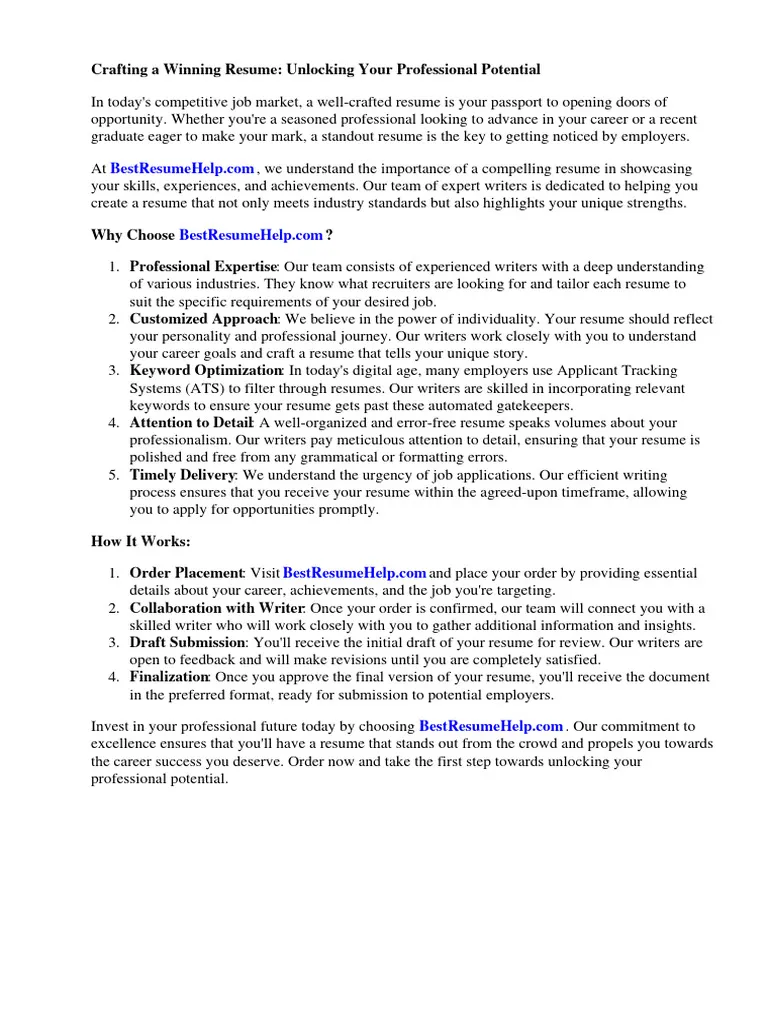Cover Letter Secrets Top 5 Tips for Success
In today’s competitive job market, a well-crafted cover letter is more than just a formality — it’s your first opportunity to make a strong impression and stand out from the crowd. Your cover letter is a powerful tool that can significantly increase your chances of landing an interview. Many job seekers underestimate the power of a cover letter and its impact on the hiring process. It provides a space to showcase your personality, elaborate on your skills, and explain why you’re the perfect fit for the role. By following a few key strategies, you can transform your cover letter from a generic document into a compelling narrative that grabs the reader’s attention and compels them to learn more about you. This guide is designed to equip you with the knowledge and techniques necessary to craft a cover letter that opens doors to exciting career opportunities. These are the cover letter secrets you need to know.
Research the Company
Before you start writing, take the time to thoroughly research the company and the specific role you’re applying for. This is the foundation of a compelling cover letter, allowing you to tailor your message and demonstrate genuine interest. Understanding the company’s mission, values, culture, and recent achievements will give you a significant advantage. Use this knowledge to align your skills and experiences with the company’s needs, showcasing how you can contribute to their success. Researching the company and the role is crucial, as it allows you to provide a more specific and personalized cover letter. A generic cover letter will likely be overlooked by the recruiter, whereas a tailored letter shows that you have invested time and effort in the application process.
Why Company Research Matters
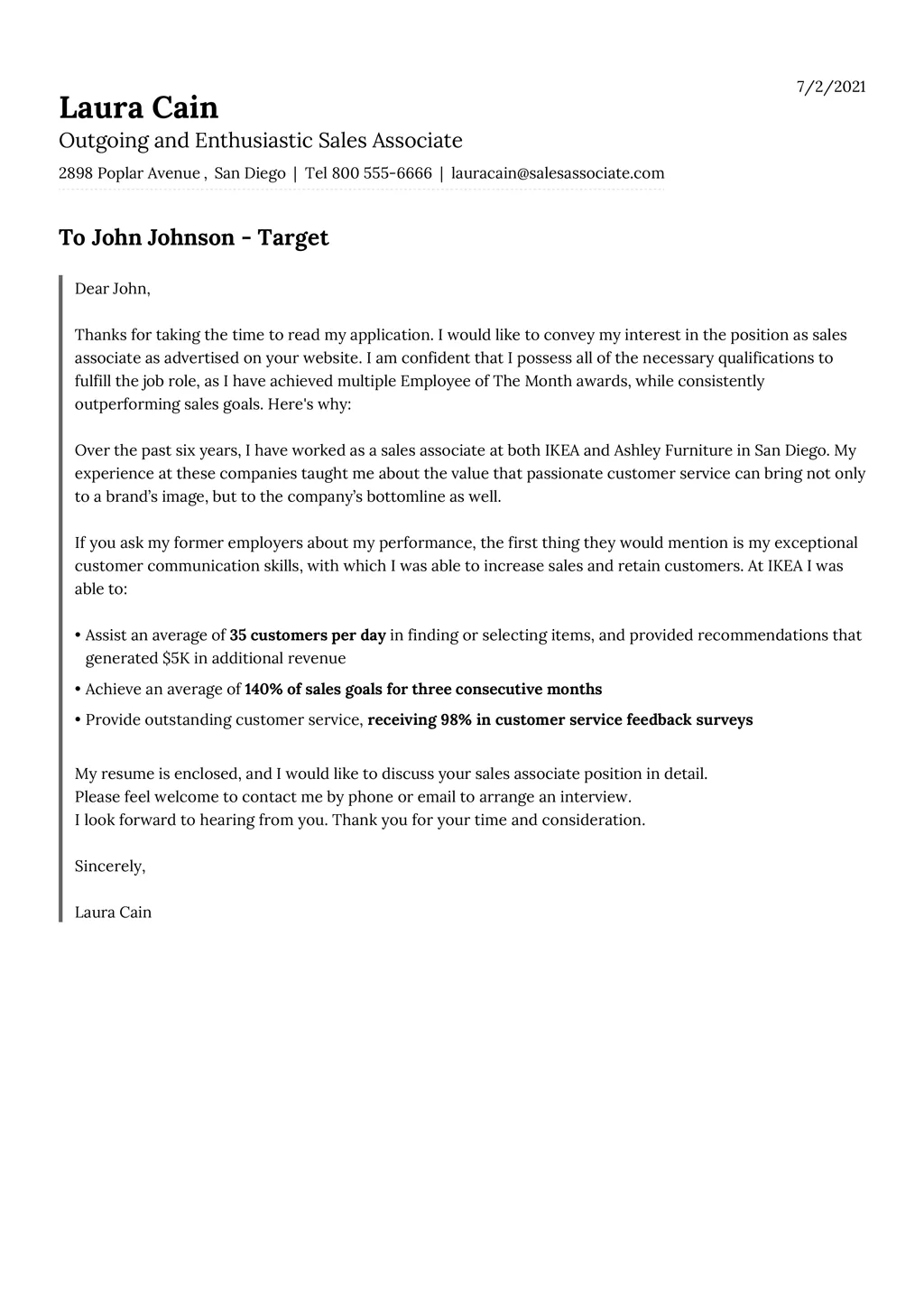
Company research is important because it allows you to understand their business model, goals, and culture. Knowing this information, you can explain how your skills and experience align with the company’s needs and how you can contribute to their success. By demonstrating that you have taken the time to understand their values, you show your commitment to the role. This shows that you’re not just applying for any job, but that you are genuinely interested in the company and what it stands for. When your research is thorough, it will allow you to speak confidently about why you want to work for this company. Your cover letter should not simply repeat information from your resume. Instead, it should explain your skills and how you see yourself making an impact on this organization, if hired. This creates a more personal and compelling cover letter.
How to Find Information
Start by visiting the company’s website. Explore their ‘About Us’ page, read their mission statement, and browse their recent news and press releases. Look for information about their products or services, their target audience, and their values. Next, check out the company’s social media profiles on platforms like LinkedIn, Facebook, and Twitter. These platforms often provide valuable insights into the company culture, recent projects, and employee perspectives. Use tools like Glassdoor to read employee reviews and get a sense of the work environment. This can give you valuable insights into the company culture and help you tailor your letter to align with their values. If possible, network with people who already work at the company. This can provide you with insider information. Consider reaching out to recruiters. These actions will provide you with the information you need.
Tailor Your Letter
A generic cover letter is a missed opportunity. To make a lasting impression, customize your cover letter for each specific job application. Begin by carefully reviewing the job description, paying close attention to the required skills, qualifications, and experience. Then, structure your letter to highlight the aspects of your background that directly align with these requirements. It’s not enough to simply list your skills; demonstrate how your experiences have prepared you to excel in this role. Provide specific examples that showcase your achievements and the impact you’ve made in previous positions. Tailoring a cover letter involves more than just changing a few words. It requires a deep understanding of the employer’s needs and a strategic alignment of your skills and experiences with those needs. This will show that you are a serious candidate.
Highlight Relevant Skills and Experience
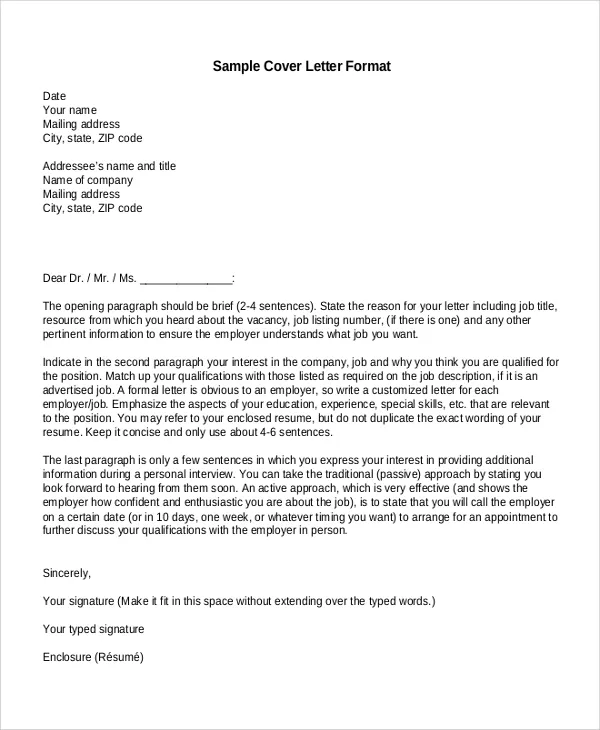
When tailoring your letter, focus on the skills and experiences that directly address the job’s requirements. Review the job description carefully and identify the key skills and qualifications the employer is looking for. Then, in your cover letter, provide specific examples of how you’ve demonstrated these skills in previous roles. For instance, if the job description emphasizes project management, discuss a project where you successfully managed a team, met deadlines, and delivered results. Quantify your achievements whenever possible. Instead of saying you ‘improved customer satisfaction,’ state the percentage increase achieved due to your efforts. Your goal is to make it easy for the hiring manager to see that you possess the qualifications they are seeking. This creates an immediate connection, making your application more relevant.
Quantify Your Achievements
Quantifying your achievements makes your cover letter more impactful and demonstrates your value to potential employers. Use numbers, percentages, and specific data to illustrate your accomplishments. For example, instead of stating that you improved sales, you might say, ‘Increased sales by 20% in the first quarter.’ This level of detail provides concrete evidence of your abilities and allows the hiring manager to quickly assess your impact. When describing your contributions in previous roles, be sure to use metrics. If you’re discussing your project management skills, state the size of the project, the budget, or the number of team members you managed. If you’re highlighting your problem-solving abilities, quantify the cost savings or efficiency gains you achieved. The purpose of quantifying your achievements is to make a strong case that you deliver results.
Showcase Enthusiasm
Your cover letter is an excellent opportunity to express your enthusiasm for the role and the company. Your genuine interest in the position and the organization will separate you from other applicants. Your passion for the work should be evident in your tone and language. Explain what excites you about the opportunity and why you believe you’re a great fit. Show your excitement for the company’s mission, values, and recent achievements. Mention specific aspects of the role that particularly interest you. This will make you appear as someone who is not just looking for a job but is also motivated by the challenges.
Express Genuine Interest
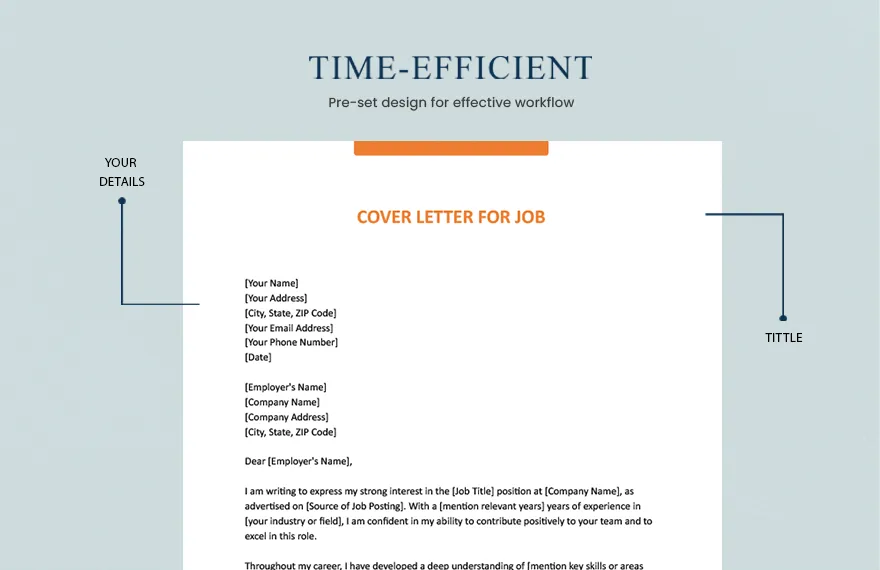
The best way to demonstrate your interest is to express genuine enthusiasm in your cover letter. Your letter should reveal your knowledge of the company, the role, and the industry. Reference specific projects, initiatives, or values that resonate with you. It’s crucial to show that you’ve done your homework and are excited about the prospect of contributing to their success. Avoid generic statements that could apply to any job. Instead, make sure to share something that is unique to that specific company. For instance, if the company has recently launched a new product or received an award, mention it and explain why that is exciting to you. By showing genuine interest, you create a strong emotional connection with the hiring manager and make your application more memorable.
Use a Professional Tone
Maintaining a professional tone throughout your cover letter is essential. Write in clear, concise language, and avoid slang, jargon, and overly casual expressions. Even if the company culture appears informal, it’s important to maintain a certain level of professionalism. Ensure your cover letter is well-organized, with clear paragraphs and a logical flow. Pay attention to your word choice. Use positive and active language. If there are any issues in your past experiences, be sure to address them honestly and professionally. Proofread everything carefully, paying attention to grammar, spelling, and punctuation. A cover letter that is free of errors demonstrates your attention to detail and your respect for the hiring manager’s time.
Proofread Meticulously
Proofreading your cover letter is one of the most important steps in the writing process, as it ensures your message is clear, professional, and error-free. Even minor grammatical errors or typos can undermine your credibility and make you appear careless. Set aside adequate time to review your cover letter carefully. Read it aloud to yourself, as this can help you catch mistakes you might miss when reading silently. Take a break from writing before proofreading. When you return to your letter with fresh eyes, you’re more likely to spot errors. It’s also helpful to have someone else proofread your cover letter. Ask a friend, family member, or career counselor to review it for you. They may catch mistakes you have missed.
The Importance of Accuracy
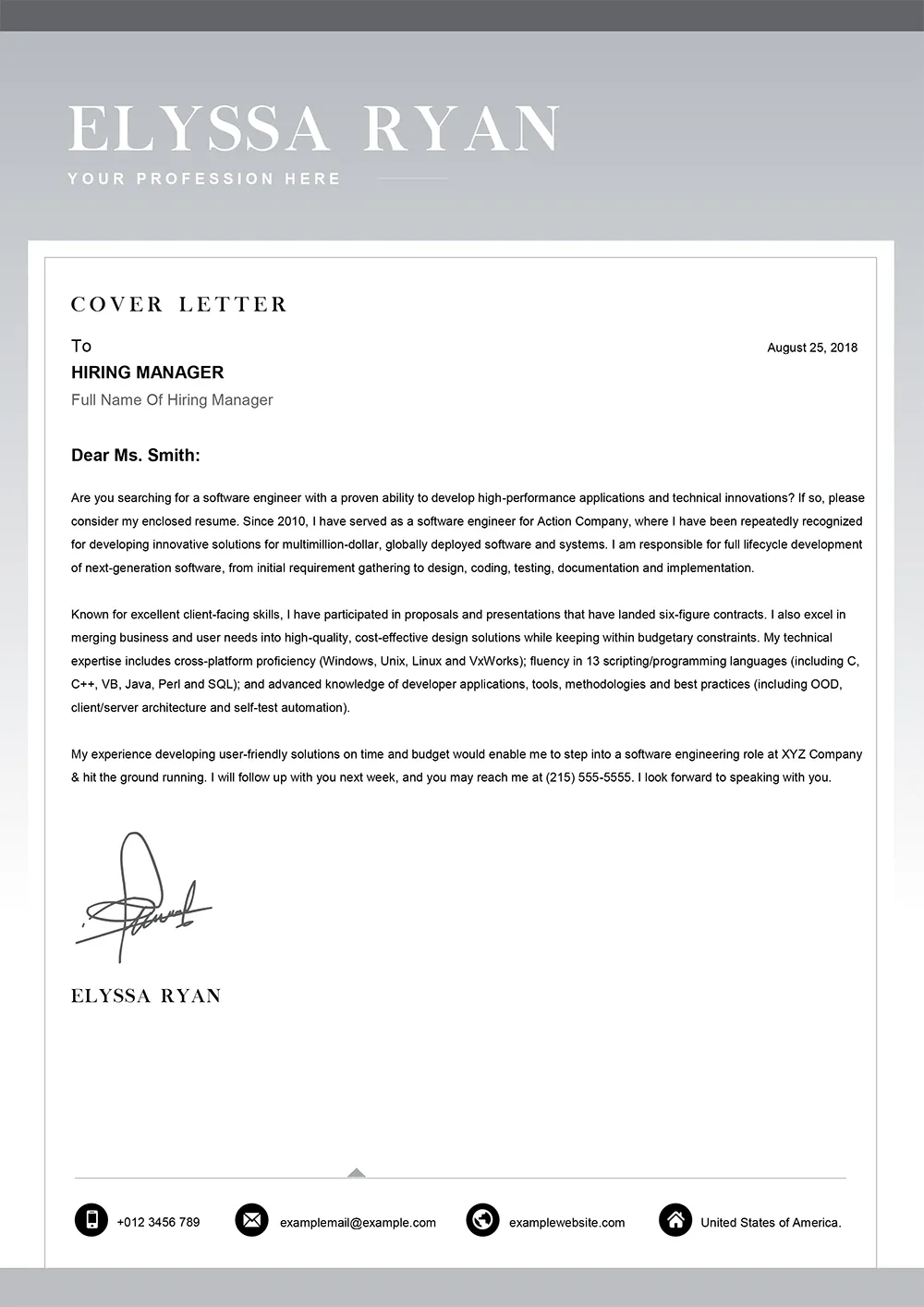
Accuracy in a cover letter is paramount because it reflects your professionalism and attention to detail. A cover letter with errors sends a message that you’re not serious about the application. By taking the time to proofread your cover letter, you’re communicating your respect for the hiring manager. Errors can cause confusion, and in some cases, they can change the meaning of the sentences. Errors, no matter how small, undermine your credibility and make you seem less competent. In the highly competitive job market, a single error can be enough to disqualify you from consideration. The small amount of time spent proofreading can significantly improve your chances of success. This shows that you care about making a good impression.
Proofreading Tools and Techniques
There are several tools and techniques you can use to proofread your cover letter effectively. Use spell-check and grammar-check tools, such as Microsoft Word or Google Docs, to automatically identify potential errors. However, don’t rely on these tools alone. They won’t catch all mistakes. Read your cover letter aloud, as this helps you hear any awkward phrasing or incorrect sentences. Take a break between writing and proofreading to approach it with fresh eyes. If possible, ask a friend, family member, or career counselor to review your cover letter. They may catch mistakes you have missed. Pay close attention to formatting, including spacing, font size, and margins. Make sure everything is neat and consistent. Pay attention to details and ensure your letter looks professional.
Cover Letter Secrets Conclusion
Crafting an effective cover letter requires more than just summarizing your resume; it is about highlighting your skills, experiences, and accomplishments in a way that will make you stand out to the hiring manager. By following these key strategies, you can create a compelling cover letter that captivates the reader, showcases your unique qualifications, and greatly enhances your chances of landing an interview. Remember to research the company, tailor your letter to each job, showcase your enthusiasm, maintain a professional tone, and proofread meticulously. By investing the time and effort, your cover letter can transform your job search.
